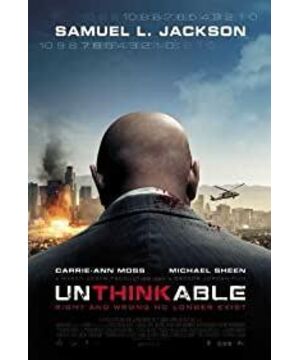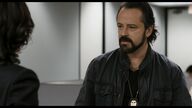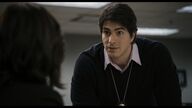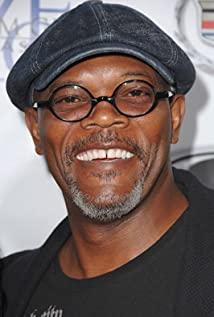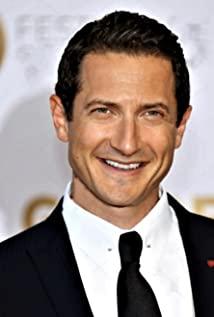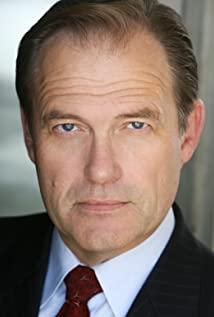For the three main characters in Unthinkable—the terrorist Y who grew up in the United States, the capable and honest female FBI agent B, and the mysterious torture expert H—their loss of control and conflict stemmed from the irreconcilability of values.
For the general public, terrorists like Y have no place either morally or legally, because their actions threaten the survival of most people. Safeguarding the right to exist of the majority is the cornerstone of current human law and morality, that is, for the benefit of the largest number of people, those who express their demands by improper means, especially violent methods, must be excluded from the social structure. In order to achieve this goal, sometimes even special means can be used, such as torture and questioning terrorists. This is the value basis of H in the film.
The question is, why can the majority decide the minority—isn’t everyone created equal? Isn't it a natural gift for human rights, even suspects have human rights? B's answer is: yes! And H's answer is: No! Different value perceptions have led to the constant conflict of facts between the two, which is also the biggest source of tension in the film. H used all kinds of interrogation methods that shocked B to torture Y; when Y planted a bomb and killed 53 people, he brought Y's wife and cut her throat face to face. Faced with H's madness, the stubborn Y revealed the hiding place of three bombs. Everyone, including B, thinks the problem has been solved, but H doesn't believe it, he thinks there is a fourth bomb. In order to prove his conjecture, he took Y's two underage children as hostages and prepared to impose penalties. He said that these two children are not innocent because they are the children of terrorist Y. In the face of reality, B was forced to give way to H step by step, put aside his basic knowledge of human rights and the law, and let him commit to torture. However, when the children are brought into the interrogation room, her tolerance is squeezed to the bottom-if H is condoned, her moral foundation will be shaken, and the collapse of values will destroy herself. So, she ordered someone to blast the door of the interrogation room and take the child out of the mysterious and sinful building.
In the constant conflicts of mutual and self-value, everyone has exposed their weaknesses, made choices, and compromised-partly or completely. However, Y lied, and there is indeed a fourth bomb. The countdown is gradually approaching zero, the bomb is about to explode, and more innocent people will become victims.
This detail at the end is the biggest highlight of the film. In effect, it successfully rescued itself from a bunch of mediocre counter-terrorism films—thrilling, tense and ups and downs; artistically, it was very paradoxical—it took more than a hundred minutes to tell about a bomb threat and its The story of how to be disarmed, at the last minute, there was another bomb that could not be dismantled-it was a "bomb", which destroyed the story after telling a story. Everything is back to the beginning, the difference is that no one can do anything at this time. Like the paradox of Almighty God, the film raises a puzzling question: Are our values reliable under extreme circumstances? Maintaining it may hurt others; ignoring it may destroy oneself. So, how should we deal with ourselves? Fortunately, what the film raises is only a hypothetical question.
View more about Unthinkable reviews


